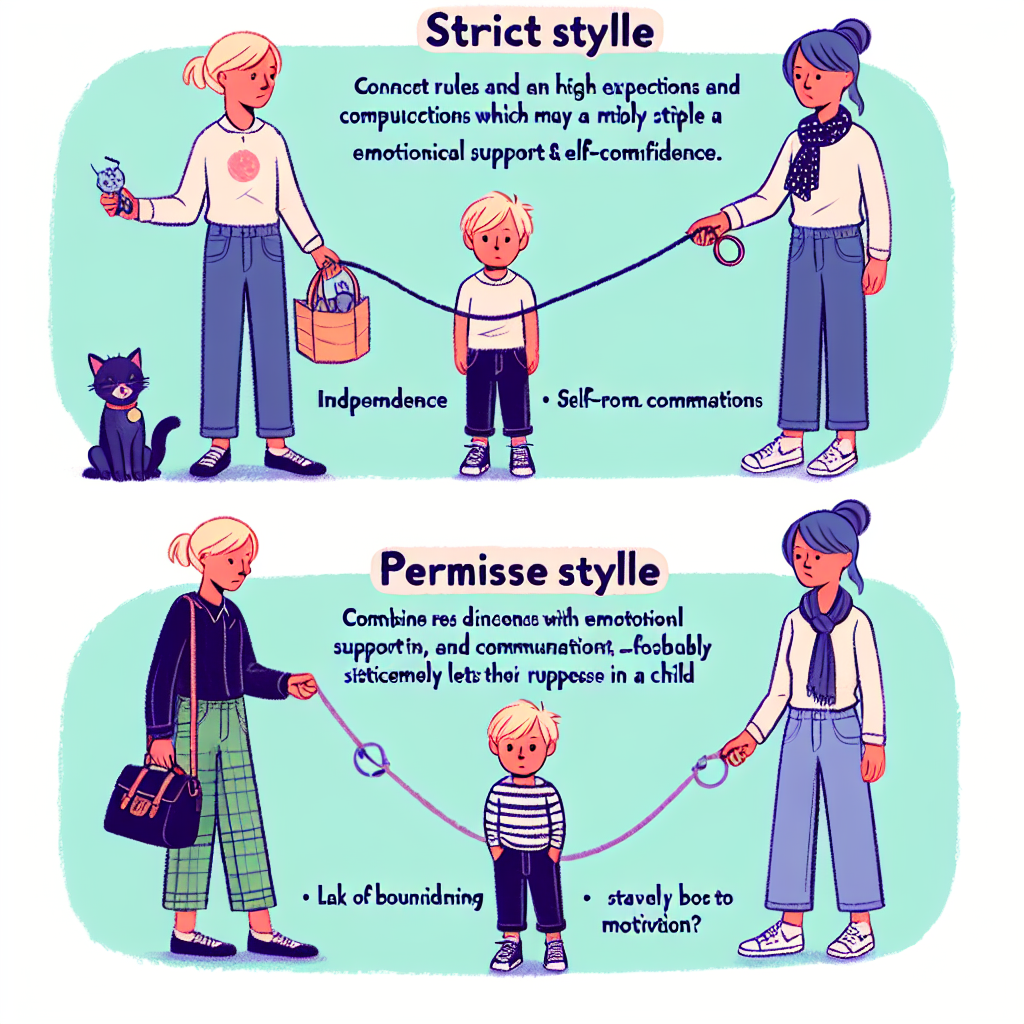Child Development: A Complete Guide to the Essential Stages
Introduction
Are you a strict, connected or permissive parent? Each parenting style has its own advantages and challenges, and understanding them can play a crucial role in your child's development. Through the following subsections, we will explore the impact that different parenting approaches can have on children and how to navigate boundaries and freedom to help your little one develop harmoniously.
The Strict Parenting Style: Advantages and Challenges
Adopting a strict parenting style involves setting clear rules and precise expectations, as well as consistently applying consequences when these are not followed. It is an approach that emphasizes discipline and order.
Benefits may include developing self-control and respect for authority. Children raised in this environment can learn to follow the rules and have a strong work ethic. However, challenges include a possible increase in child anxiety, resistance or fear of trying new things due to the fear of making mistakes.
Connected Parenting: Advantages and Challenges
Connected parenting emphasizes open communication and emotional support. Parents who adopt this method strive to understand their children's emotional needs and work together to find constructive solutions.
The benefits of this style include a close and lasting relationship with the child, as well as the development of empathy and social skills. However, it can sometimes be difficult to set clear boundaries, and children can feel insecure if there are no consistent rules.
Permissive Parenting: Advantages and Challenges
Permissive parents tend to leave more decisions to their children, giving them freedom and autonomy. They respond to children's needs rather than imposing demands or limitations on them.
This style can encourage creativity and self-expression, but the lack of boundaries and structure can lead to behavioral problems and a lack of self-regulation skills. Children raised under this style may also have difficulty respecting authority and social rules.
The Impact of Parenting Styles on Child Development
The chosen parenting style can have a significant impact on the emotional, social and cognitive development of the child. It's important to strike a balance between being too permissive and too authoritarian. To encourage independence but at the same time provide support and guidance when needed.
Research suggests that the most effective parenting style is authoritative, which combines clearly defined boundaries with emotional support. Children who grow up in such environments tend to perform better academically, be more empathetic and less susceptible to behavioral problems.
How to Combine Different Parenting Styles for Harmonious Child Development
In the new information age, parents are taught to be flexible and adapt parenting styles to fit each child's unique needs. This may mean setting limits in some situations while being more permissive in others.
It is essential to communicate openly with your child, listen to his opinion and work together to establish rules that respect and encourage his growth. This will help him integrate the lessons, apply them and learn to navigate different situations with confidence and respect.
Conclusion
Choosing the parenting style that encourages the harmonious development of the child is not an easy task. However, by understanding the advantages and challenges of each style and tailoring approaches to fit your child's personality and needs, you can provide an environment that fosters holistic growth. Always remember that every child is unique and flexibility and communication are the keys to being a successful parent guiding your child to reach their full potential.
Regardless of the approach you choose, remember that the most important thing is the unconditional love, care and support you give your child. Be with him every step of the way and help him become the best version of himself. If you're looking for resources and tips to improve your parenting style, visit our parenting section of our store or subscribe to our newsletter for the latest news and specialist articles.



















































































































































